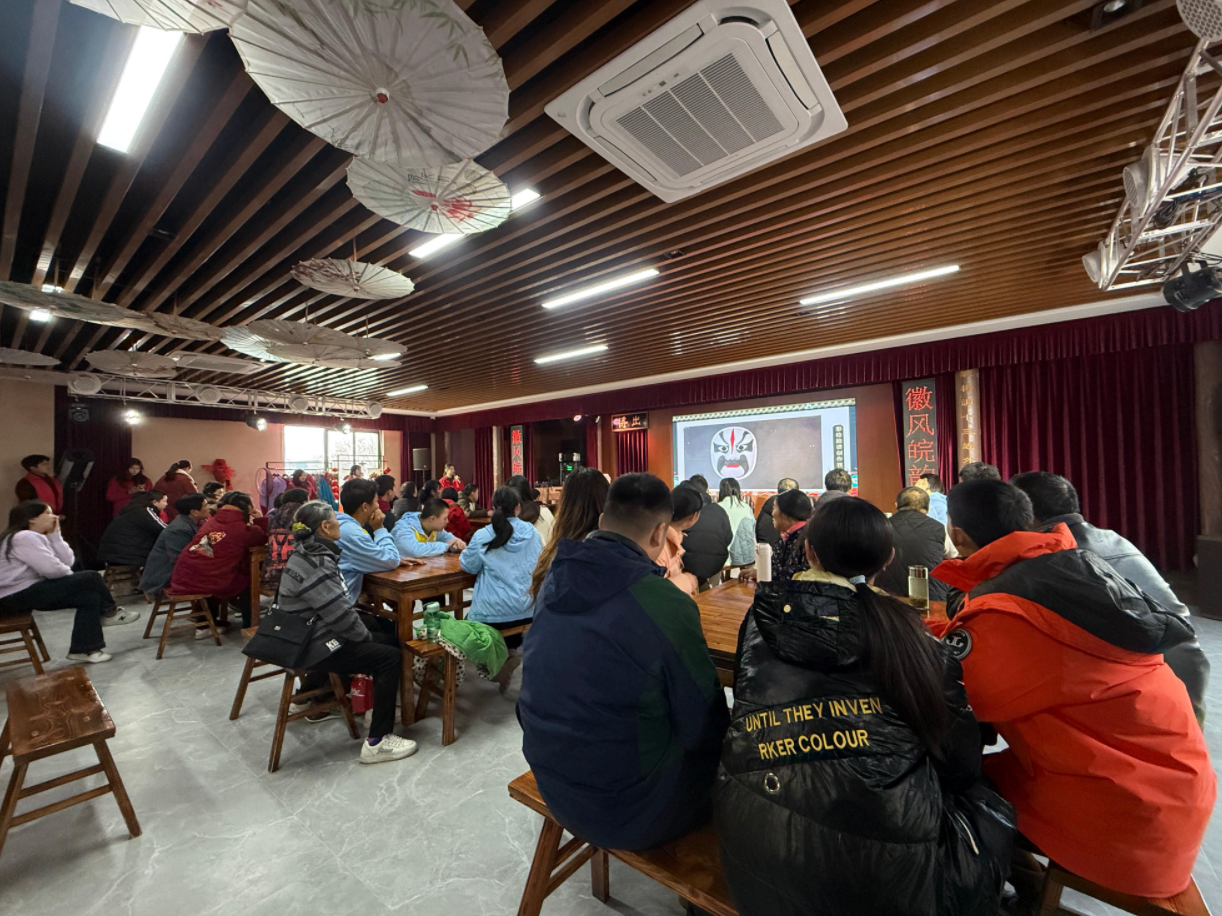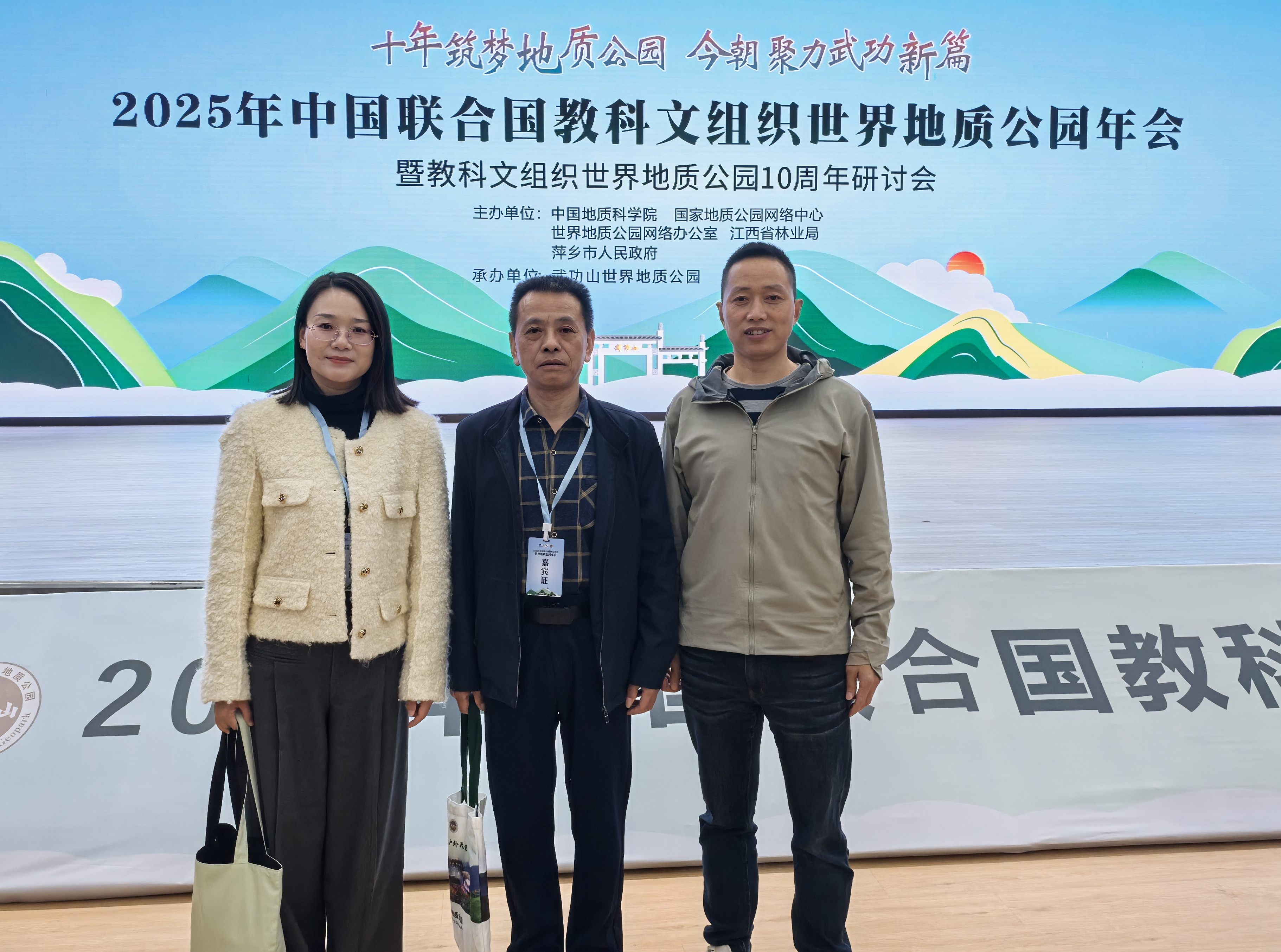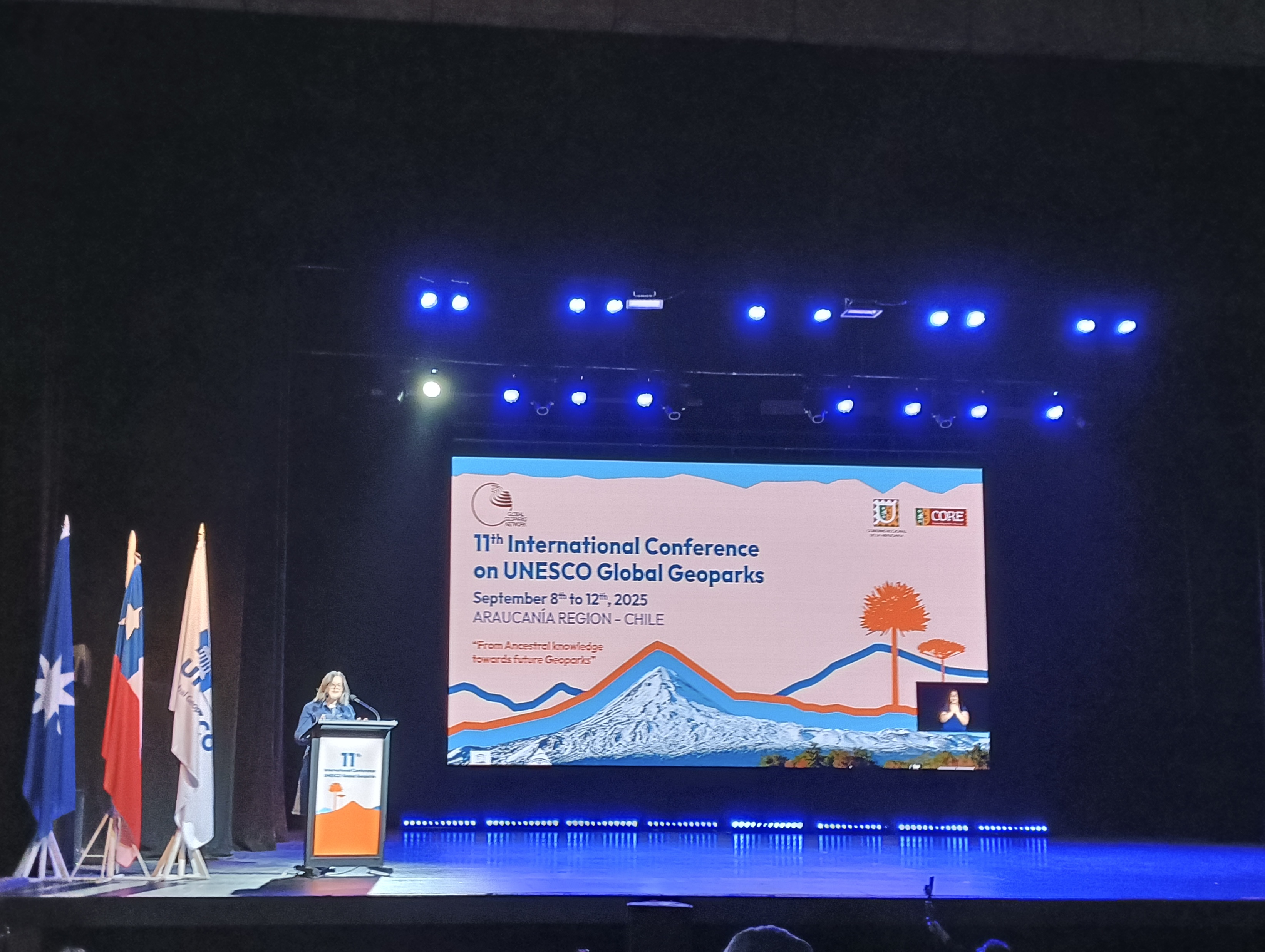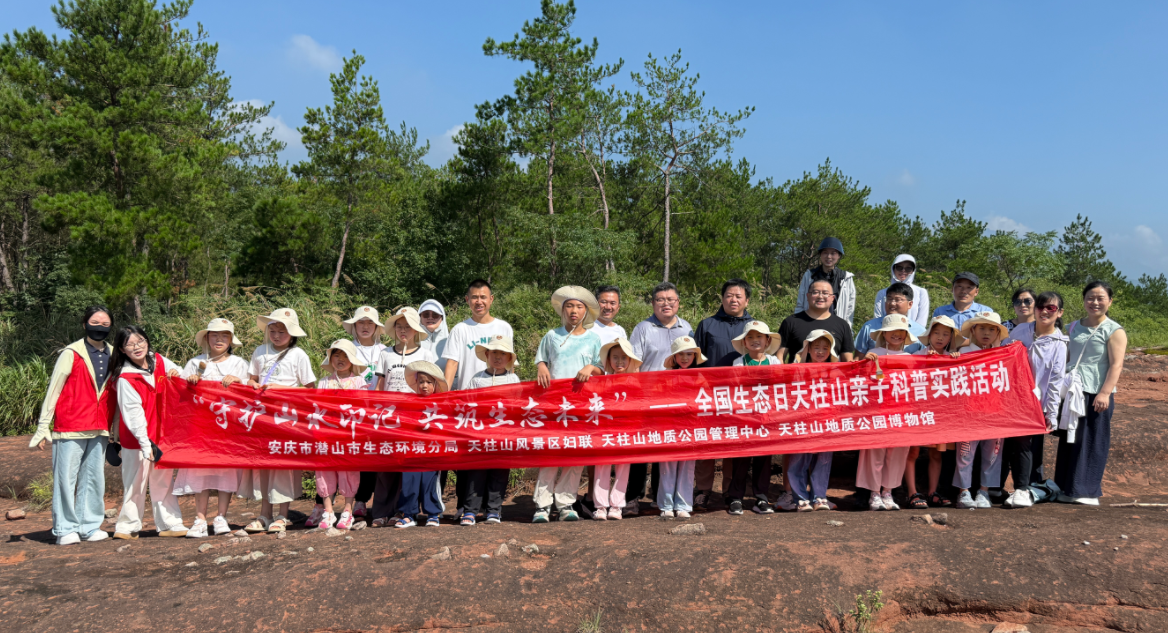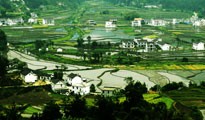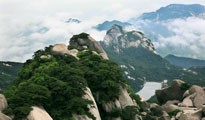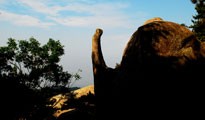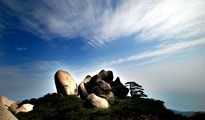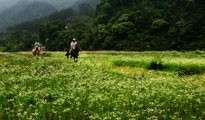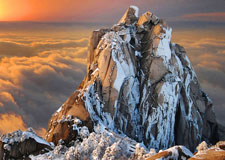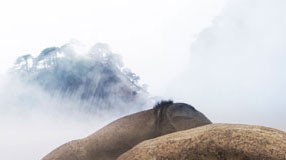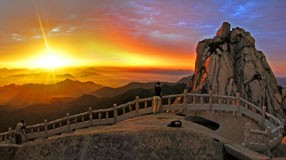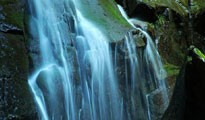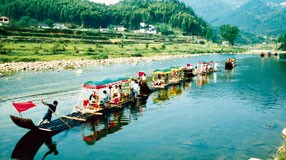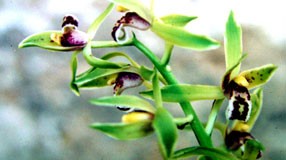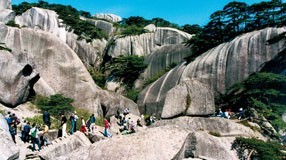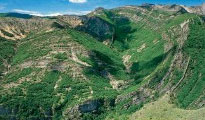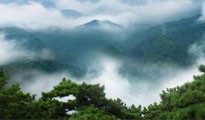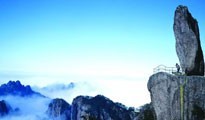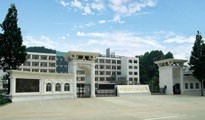Earth Day is an annual event celebrated on April
22. Worldwide, various events are held to demonstrate support for environmental
protection. First celebrated in 1970, Earth Day events in more than
193 countries are now coordinated globally by the Earth Day Network.
On Earth Day 2016, the landmark Paris Agreement was signed by the United States, China,
and some 120 other countries. This signing satisfied a key requirement for
the entry into force of
the historic draft climate protection
treaty adopted by consensus of the 195 nations present at the 2015
United Nations Climate Change Conference in Paris.
In 1969 at a UNESCO Conference in San Francisco, peace activist John
McConnell proposed a day to honor the Earth and the concept of
peace, to first be celebrated on March 21, 1970, the first day of spring in the
northern hemisphere. This day of nature's equipoise was later sanctioned in a
proclamation written by McConnell and signed by Secretary General U Thant at the United Nations. A month later a separate
Earth Day was founded by United States
Senator Gaylord Nelson as
an environmental teach-in first
held on April 22, 1970. Nelson was later awarded the Presidential
Medal of Freedom award in recognition of his work. While
this April 22 Earth Day was focused on the United States, an organization
launched by Denis Hayes, who
was the original national coordinator in 1970, made it international in 1990 and
organized events in 141 nations.
Numerous communities celebrate Earth Week, an
entire week of activities focused on the environmental issues that the world
faces. In 2017, the March for Science occurred on Earth
day (April 22, 2017) and was followed by the People's
Climate Mobilization
Nelson chose the date in order to maximize
participation on college campuses for what he conceived as an
"environmental teach-in". He determined the week of April 19–25 was
the best bet as it did not fall during exams or spring breaks. Moreover,
it did not conflict with religious holidays such as Easter or Passover, and was
late enough in spring to have decent weather. More students were likely to be
in class, and there would be less competition with other mid-week events—so he
chose Wednesday, April 22. The day also fell after the anniversary of the birth
of noted conservationist John Muir. The National Park
Service, John
Muir National Historic Site, has a celebration every year on or
around Earth Day (April 21, 22 or 23), called Birthday-Earth Day, in
recognition of Earth Day and John Muir's contribution to the collective
consciousness of environmentalism and conservation.
Unbeknownst to Nelson, April 22, 1970, was
coincidentally the 100th anniversary of the birth of Vladimir Lenin, when translated to the
Gregorian calendar (which the Soviets adopted in 1918). Time reported that some suspected the
date was not a coincidence, but a clue that the event was "a Communist
trick", and quoted a member of the Daughters
of the American Revolution as saying, "subversive elements
plan to make American children live in an environment that is good for
them." J. Edgar Hoover,
director of the U.S. Federal
Bureau of Investigation, may have found the Lenin connection
intriguing; it was alleged the FBI conducted surveillance at the 1970
demonstrations.The idea that the date was chosen to celebrate Lenin's centenary
still persists in some quarters, an idea borne out by the similarity with the subbotnik instituted by Lenin in 1920
as days on which people would have to do community service, which typically
consisted in removing rubbish from public property and collecting recyclable
material. Subbotniks were also imposed on other countries within the compass of
Soviet power, including Eastern Europe, and at the height of its power the
Soviet Union established a nationwide subbotnik to be celebrated on Lenin's birthday,
April 22, which had been proclaimed a national holiday celebrating communism by Nikita Khrushchev in 1955.

















